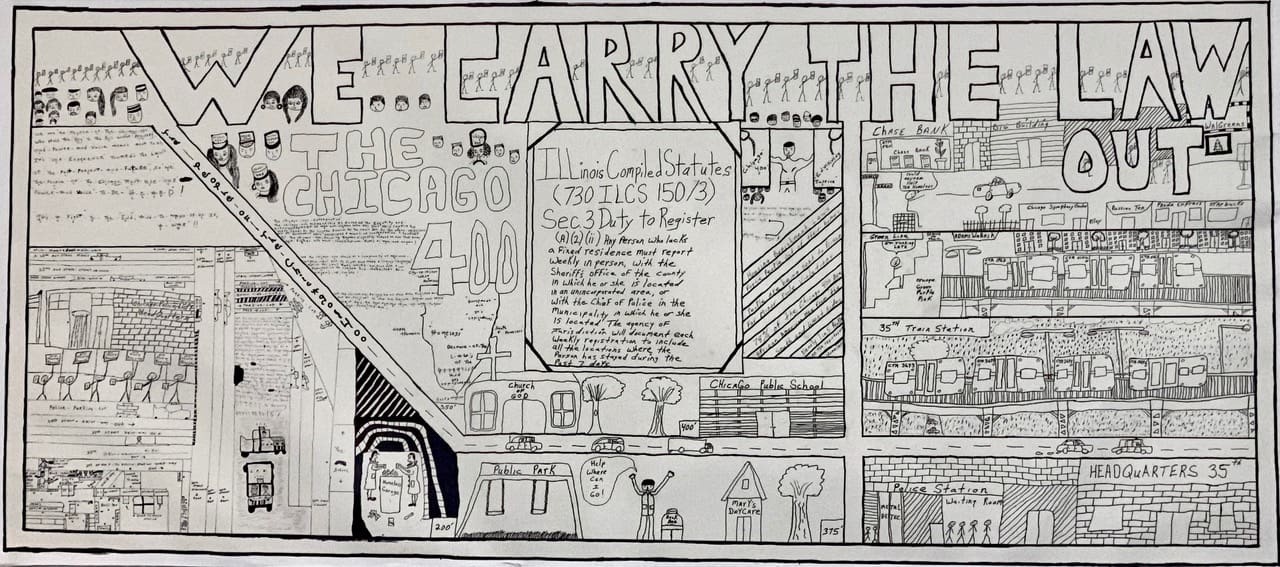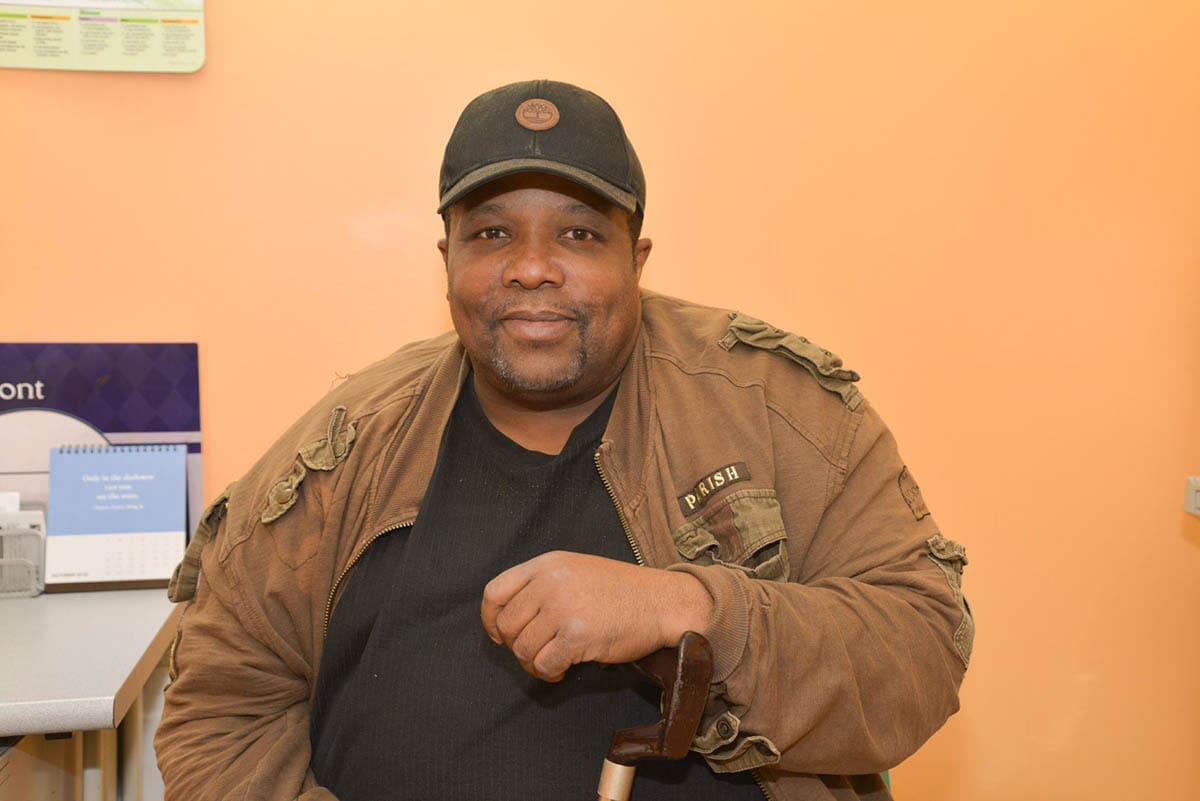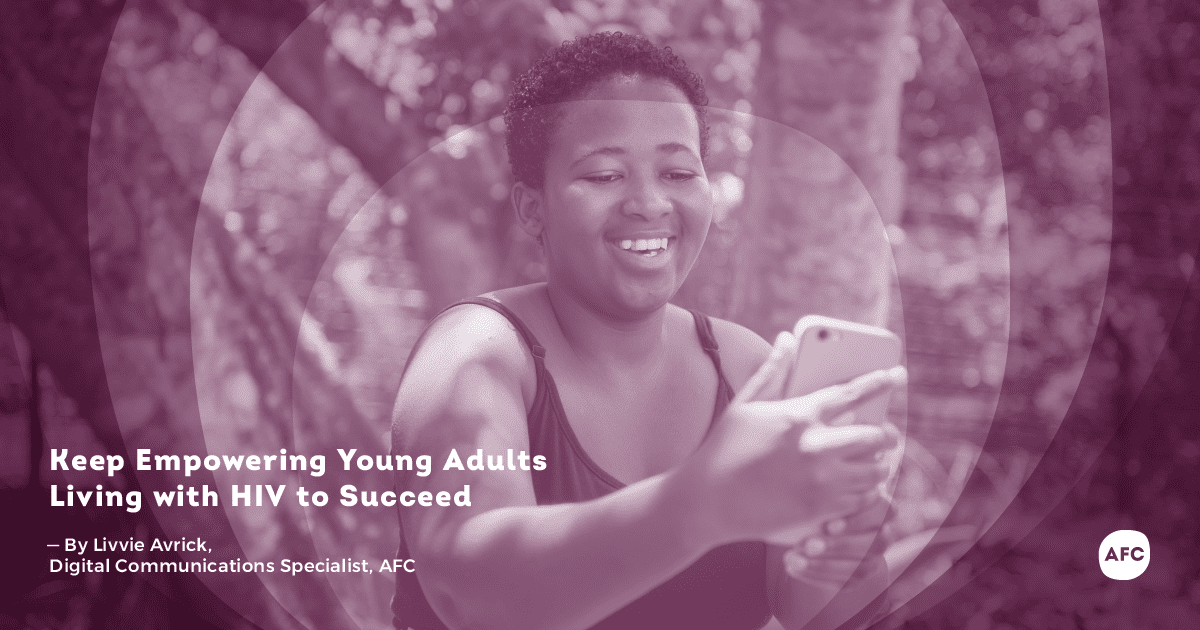The Chicago 400, with support from AIDS Foundation Chicago and the Center for Housing and Health, is working to end housing banishment laws in Illinois with a bill in the IL Senate, SB2158. Housing banishment results from unjust laws that trap people in a cycle of homelessness and incarceration. In Illinois, people who are listed on a public conviction registry and are experiencing homelessness are required by law to register, each week, in-person, at a police station. Failure to do so can result in arrest, reincarceration, and further damage to their ability to access housing. In addition to these challenging, frequent registration requirements, registrants also must seek housing at least 500 feet from regularly spaced places like parks, schools, or daycares, severely restricting available housing options. Because people cannot meet the impossible standards of current registration requirements, and struggle to find housing under such restrictions, they can be caught in a revolving door between homelessness and incarceration.
Illinois laws on housing banishment and registry are among the harshest in the country. Chicagoans impacted by housing banishment and unjust registry laws have organized as The Chicago 400 to advocate for abolition of housing banishment. Upon examination, the impact of these laws is strikingly cruel and inequitable. These laws do not make communities safer, but instead cause homelessness, disrupt families, and reinforce structural racism. The laws disproportionately impact Black men. One in 42 Black men in Illinois is listed on a conviction registry and 80% of the homeless men listed on the sex offense registry are Black men.
Illinois Senate Majority Leader Kimberly Lightford has proposed a legislative end to this practice in SB2158, a bill being led by The Chicago 400 and supported by AIDS Foundation Chicago and the Center for Housing and Health. Supporters of SB2158 urge Illinois voters to contact their state senators and representatives and signal support for the bill. SB2158 would reduce registry requirements from weekly to quarterly or annually in frequency, increase housing access by reducing banishment from 500 feet to 250 feet, and reduce “failure to register” from a felony to a misdemeanor. To learn more about The Chicago 400, the Chicago 400 Campaign, and SB 2158, visit chicago400.net.
Image Credit: https://chicago400.net/drawing-center | The Drawing Center. Winter Term 2020: Meet the Chicago 400, The Drawing Center, New York. January 21 – 26, 2020.



